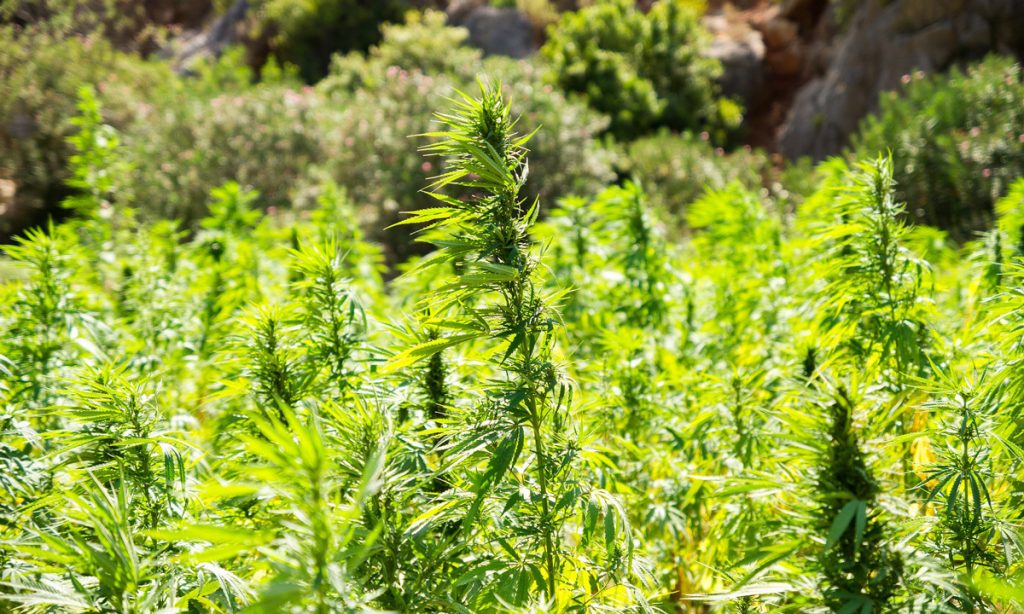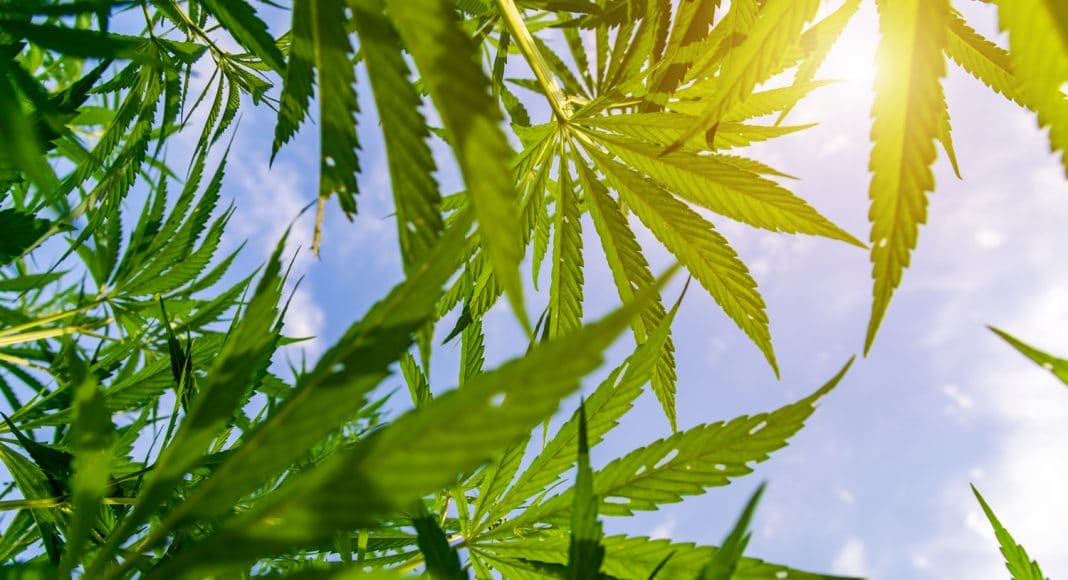For the first time in more than eight decades, farmers in most parts of the country have the freedom to make hemp part of their plow and pick repertoire.
It has been said for years that the legalization of industrial hemp production in the United States would breathe new life into agriculture, giving the American farmer the benefit of a genuine cash crop. Well, the 2018 Farm Bill, which was signed late last year by President Trump, came out of nowhere to do just that.
Now, for the first time in more than eight decades, farmers in most parts of the country have the freedom to make hemp part of their plow and pick repertoire. It is a business sector that is predicted to reach well over $2 billion within the next two years. However, there is a learning curve involved that is making it difficult for hemp growers to find profitability right out of the gate.
In the Midwest, where hemp farmers are harvesting this crop for the first time since World War II, delayed planting efforts and heavy spring rain has created a situation where the harvest is a bit lackluster, to say the least. Indiana farmer Mark Boyer, who planted 50 acres of hemp to be used for high-quality food oil, told the South Bend Tribune that late planting caused a variety of issues, including puny yields.
RELATED: Hemp Is On Its Way To Becoming An American Cash Crop, But Farmers Have Challenges
“The plants didn’t get as tall,” he said, “they never canopied and that created weed problems.”

Another major difficulty that many hemp farmers are facing is theft. Perhaps thinking that they are stealing its intoxicating cousin marijuana, thieves are sneaking into hemp fields and taking tens of thousands of dollars of product. And while theft might sound like the price of doing business, it is a problem that could cripple those farmers that have entered the hemp game to keep afloat. Because these heists are not just happening on occasion, it is something that goes down regularly.
“You feel violated that people come here and steal from you when you’re trying to help a new industry get started that can help a lot of people,” New York hemp farmer Dale Weed told The Times of Wayne County. “It’s alarming, the fact with no theft in 17 years, and now I’m being robbed every night.”
Ramping up security and increasing foot patrols is just another expense that hemp farmers must endure. But for Weed and other farmers who cannot afford to drop beaucoup bucks on round the clock watchdogs it is up to family and friends to make up the shifts when there are no hired guns available.
RELATED: Can Sustainable Farmers Survive Marijuana Legalization?
“We’ve been trying to hire employees and outside people,” Weed said. “My family has spent quite a few nights here watching the property. I’ve spent nights here where I’m sleep deprived. It’s a big problem for us.”
There is hope that these growing pains will subside in time. And if they do, it will surely be worth the initial hassle. A recent study shows that hemp farmers stand to earn in upwards of $50,000 per acre from hemp. In contrast, an acre of corn brings right around $1,000 per acre. But farmers are going to have to work for that money. In addition to poor growing conditions and theft, farmers still do not have the proper tools to handle industrial hemp throughout the entire growing process. For many, this means trying to grow without approved pesticides and harvesting by hand.


